
Marjayoun: The Hidden Gem of Lebanon's South
Marjayoun, a picturesque town in southern Lebanon, offers a unique blend of historical charm and natural beauty. Nestled in the heart of the country's lush landscapes, Marjayoun provides a serene escape from the hustle and bustle of city life. Visitors can wander through its narrow streets, lined with traditional Lebanese houses and historical landmarks, each telling a story of the town's rich heritage. Marjayoun is known for its stunning views of the surrounding valleys and mountains. The town's elevated position offers breathtaking panoramas, especially from the ancient Marjayoun Citadel. This medieval fortress, perched on a hilltop, provides an excellent vantage point to admire the scenic beauty of the region. Nature lovers will also appreciate the nearby Litani River, perfect for a peaceful stroll or a picnic by the water. The town's cultural and historical significance is highlighted by its many religious sites. The Church of Saint Peter and Paul, with its beautiful architecture and spiritual ambiance, is a must-visit. Additionally, Marjayoun's close-knit community is known for its warm hospitality, making visitors feel right at home. Whether you are exploring the town's historical sites, enjoying the natural scenery, or mingling with the locals, Marjayoun promises an unforgettable experience.
Local tips in Marjayoun
- Visit the Marjayoun Citadel for panoramic views of the surrounding countryside.
- Take a walk along the Litani River for a relaxing outdoor experience.
- Explore the Church of Saint Peter and Paul to appreciate its historical and architectural beauty.
- Try local Lebanese dishes at small family-run restaurants for an authentic culinary experience.
- Engage with the friendly locals to learn more about the town's history and culture.
Marjayoun: The Hidden Gem of Lebanon's South
Marjayoun, a picturesque town in southern Lebanon, offers a unique blend of historical charm and natural beauty. Nestled in the heart of the country's lush landscapes, Marjayoun provides a serene escape from the hustle and bustle of city life. Visitors can wander through its narrow streets, lined with traditional Lebanese houses and historical landmarks, each telling a story of the town's rich heritage. Marjayoun is known for its stunning views of the surrounding valleys and mountains. The town's elevated position offers breathtaking panoramas, especially from the ancient Marjayoun Citadel. This medieval fortress, perched on a hilltop, provides an excellent vantage point to admire the scenic beauty of the region. Nature lovers will also appreciate the nearby Litani River, perfect for a peaceful stroll or a picnic by the water. The town's cultural and historical significance is highlighted by its many religious sites. The Church of Saint Peter and Paul, with its beautiful architecture and spiritual ambiance, is a must-visit. Additionally, Marjayoun's close-knit community is known for its warm hospitality, making visitors feel right at home. Whether you are exploring the town's historical sites, enjoying the natural scenery, or mingling with the locals, Marjayoun promises an unforgettable experience.
When is the best time to go to Marjayoun?
Iconic landmarks you can’t miss
Al Raouche Rocks
Discover the breathtaking Al Raouche Rocks, a remarkable natural wonder and historical landmark in Beirut, perfect for stunning views and memorable experiences.
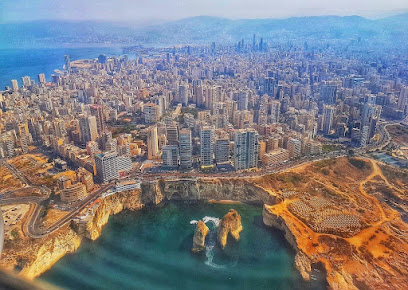
Jeita Grotto
Explore Jeita Grotto, Lebanon's stunning natural wonder featuring breathtaking limestone formations and an amazing underground river experience.
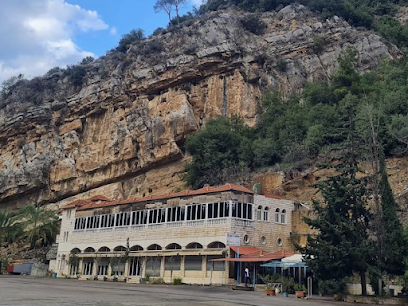
Beiteddine Palace
Explore Beiteddine Palace, a stunning blend of Ottoman and European architecture nestled in the Chouf Mountains, offering rich history and breathtaking views.
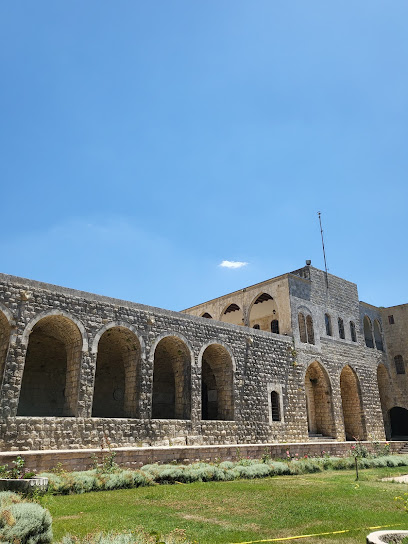
Moussa Castle
Explore Moussa Castle, a stunning architectural marvel in Lebanon, rich in history and breathtaking views, perfect for your travel adventures.
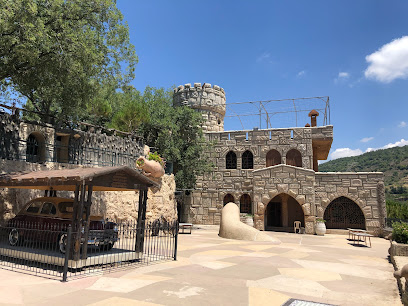
Sanayeh Park
Discover the tranquil beauty of Sanayeh Park, Beirut's green oasis, offering recreation, relaxation, and cultural experiences for every traveler.
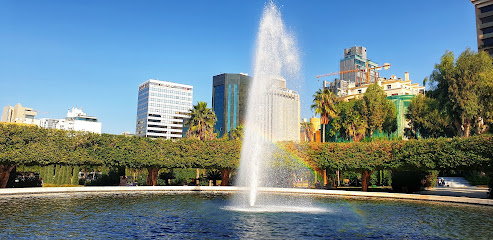
Monastery Saint Maroun
Explore the serene Monastery Saint Maroun in Aannaya, Lebanon, a harmonious blend of spirituality, history, and breathtaking views.
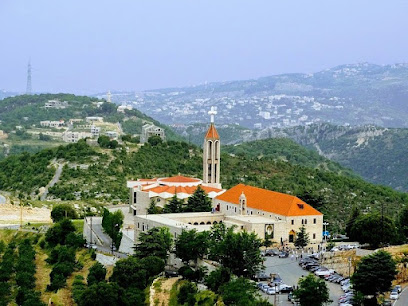
Jezzine Waterfall
Experience the breathtaking beauty of Jezzine Waterfall, a serene escape in Lebanon's lush landscapes, perfect for nature lovers and adventure seekers.
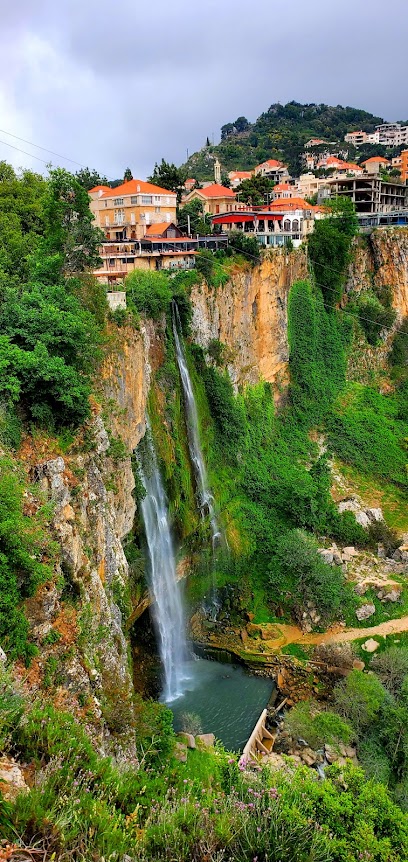
Lady Of Zahle
Explore the stunning Lady of Zahle, a beautiful church and cultural landmark in Lebanon, showcasing exquisite architecture and breathtaking views.
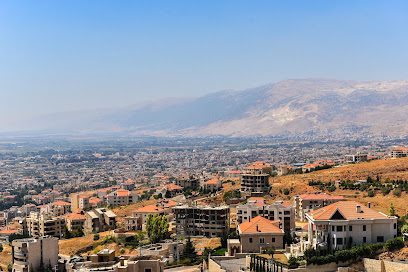
Beaufort Castle
Explore the historic grandeur of Beaufort Castle in Lebanon, a stunning medieval fortress with breathtaking views and rich history.
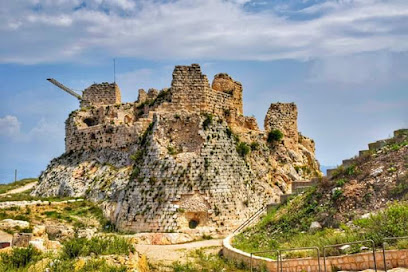
Soap Museum - Saida
Explore Saida's rich heritage through the artistry of soap-making at the Soap Museum, a unique cultural experience in Lebanon.
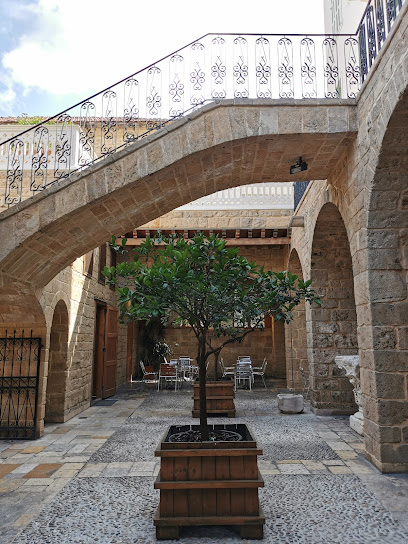
Saint Charbel Church & Statue - Faraya
Explore the spiritual serenity of Saint Charbel Church & Statue in Faraya, a tranquil destination set in Lebanon's breathtaking mountainous landscape.
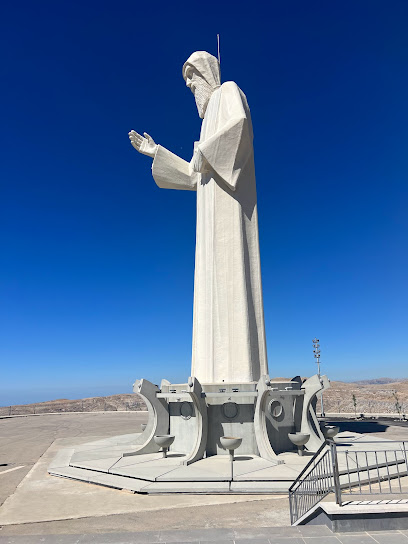
Temple of Bacchus
Discover the majestic Temple of Bacchus in Baalbek, Lebanon - a stunning example of ancient Roman architecture and a UNESCO World Heritage Site.
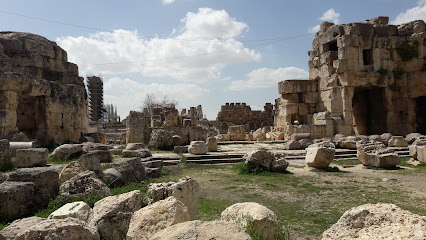
Place de l'Étoile
Experience the vibrant culture and stunning architecture of Place de l'Étoile, a must-visit square in the heart of Beirut, Lebanon.
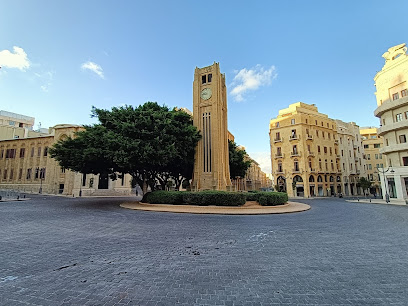
Rachaya Citadel (Citadel of Independence)
Explore the Rachaya Citadel, a historic gem in Lebanon, offering breathtaking views, rich history, and a peek into the region's vibrant past.
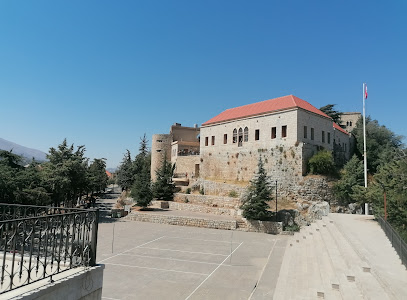
Khan El Franj
Explore the historic Khan El Franj in Saida, Lebanon, where history meets vibrant culture amidst stunning architecture and local craftsmanship.
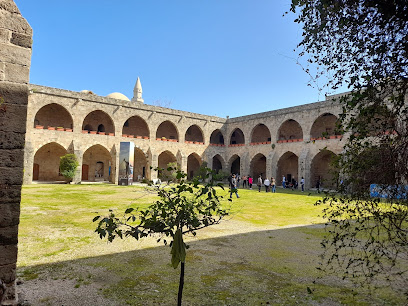
Unmissable attractions to see
Tel Dan Nature Reserve
Discover a verdant paradise where the Dan River springs to life amidst captivating ruins dating back millennia in northern Israel.
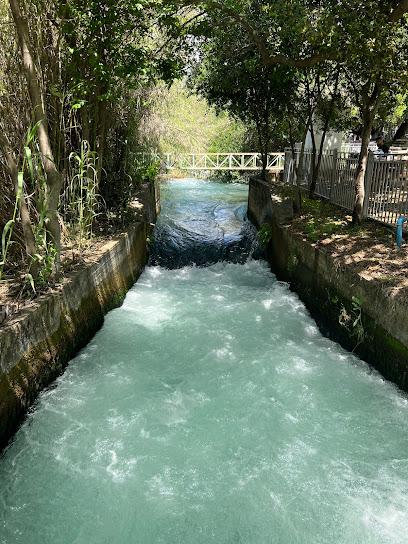
Hermon Stream Nature Reserve
Explore Israel's largest waterfall, historical ruins, and lush landscapes at the Hermon Stream (Banias) Nature Reserve in the Golan Heights.
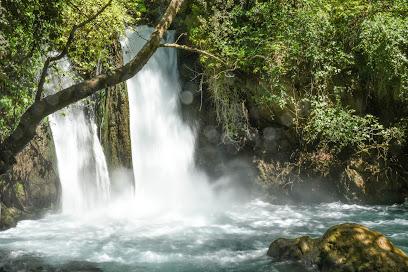
Keshet Cave
Discover the breathtaking views and natural beauty of Keshet Cave, a unique geological formation in the heart of the Galilee.
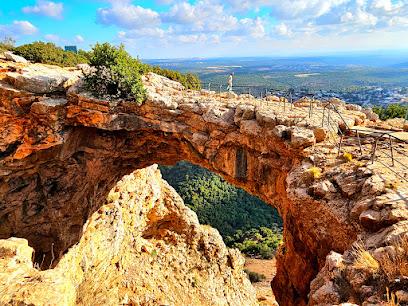
Nahal Snir Nature Preserve
Explore Nahal Snir Nature Preserve in Upper Galilee: Hike lush trails, wade in cool streams, and discover a vibrant ecosystem.
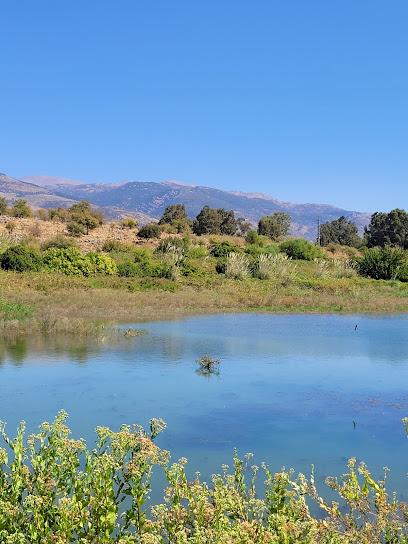
Nimrod Fortress National Park
Explore Israel's largest medieval castle in Nimrod Fortress National Park, offering history, stunning views, and hiking in the Golan Heights.
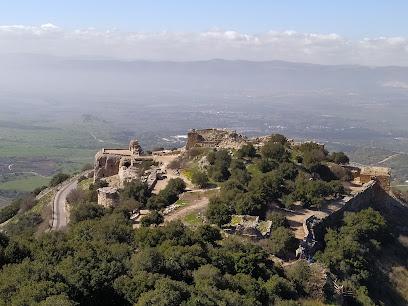
Hula Nature Reserve
Explore Israel's first nature reserve: a haven for migrating birds and diverse wildlife in the Hula Valley.
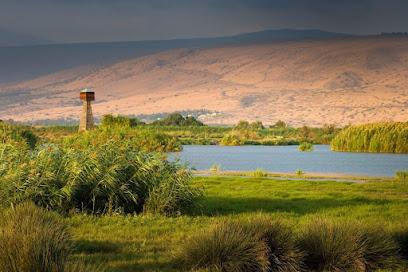
Sidon Sea Castle
Explore the historic Sidon Sea Castle, a medieval fortress with stunning views, offering a glimpse into Lebanon's rich Crusader past.
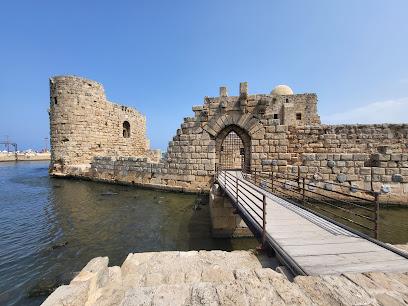
Moussa Castle
Discover Moussa Castle: A unique Lebanese landmark showcasing history, culture, and one man's extraordinary vision in the heart of the Chouf Mountains.
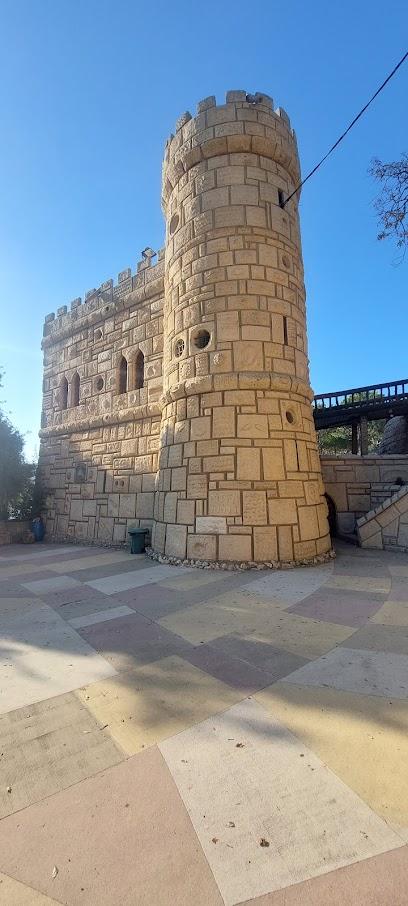
Mt Bental Lookout
Experience breathtaking views and explore military history at Mt. Bental Lookout in the Golan Heights, offering a unique perspective on Israel and Syria.
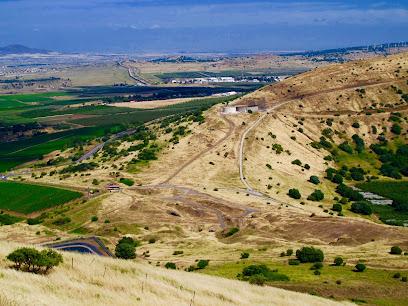
Pelter Winery יקב פלטר
Experience award-winning Israeli wines in the heart of the Golan Heights at Pelter Winery, a family-run boutique winery and distillery.
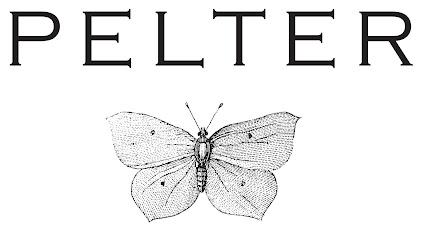
Tyre Beach
Discover Tyre Beach: Where ancient history meets coastal beauty on Lebanon's Mediterranean shore.
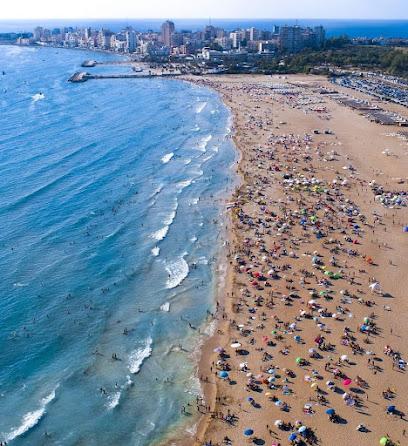
Jezzine Waterfall
Discover Jezzine Waterfall, a majestic cascade in South Lebanon, offering natural beauty, hiking, and a glimpse into the region's rich history.
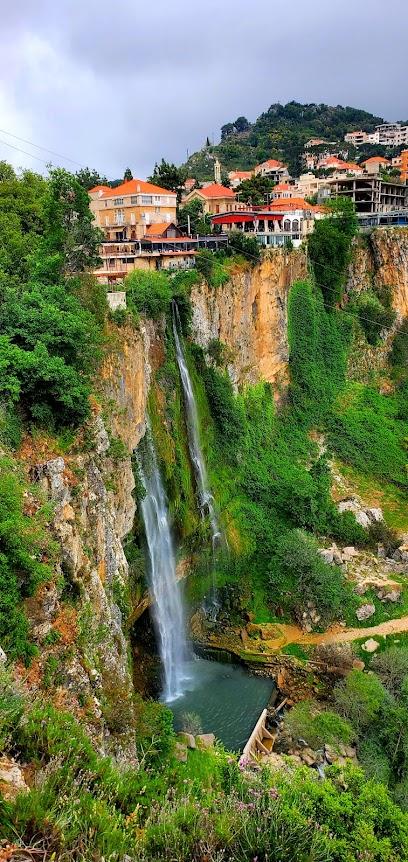
Jezzine Waterfall
Discover the breathtaking beauty of Jezzine Waterfall, a Lebanese natural wonder offering serene landscapes and historical intrigue.
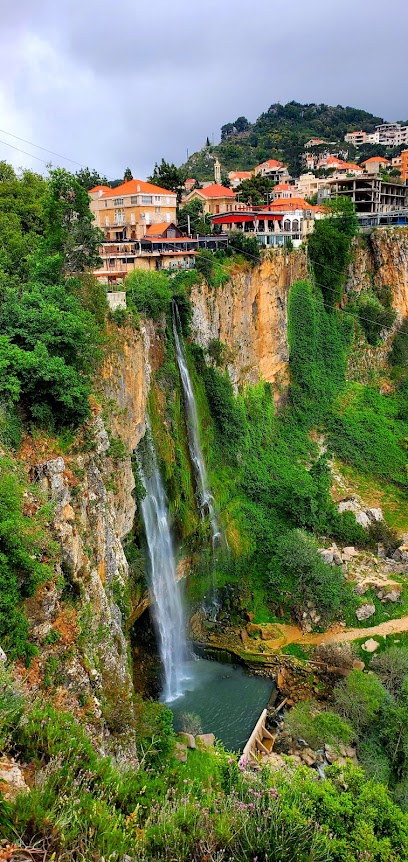
Shouf Biosphere Reserve Barouk Cedar Forest
Discover ancient cedars, diverse wildlife, and scenic hiking trails in Lebanon's Shouf Biosphere Reserve, a natural and cultural treasure.
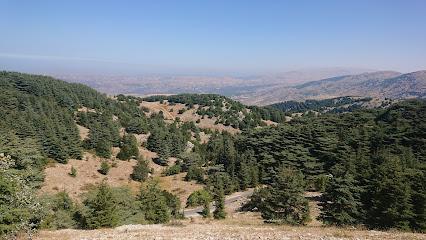
Beaufort Castle
Explore Beaufort Castle in Southern Lebanon: a historic Crusader fortress with panoramic views and a rich, storied past.
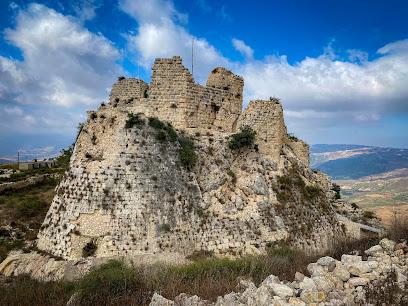
Essential places to dine
Al Mokhtar Restaurant
Experience authentic Lebanese flavors at Al Mokhtar Restaurant in Jensnaya – where tradition meets taste in a vibrant setting.
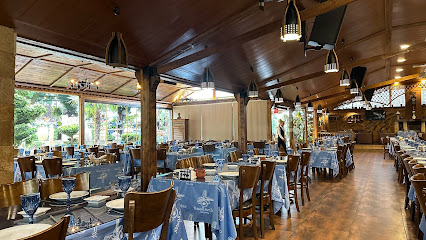
El Yammine restaurant
Savor the authentic flavors of Lebanon at El Yammine Restaurant in Nabaa El Safa—where every dish tells a story.
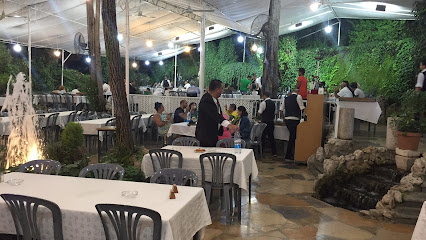
O Bois Restaurant
Experience authentic Lebanese cuisine at O Bois Restaurant in Khenchara—where every meal tells a story through flavor.
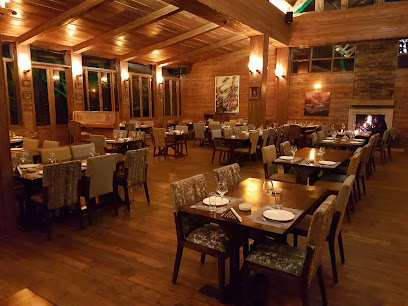
Regina Resto Café
Experience authentic Lebanese cuisine at Regina Resto Café in Zebdine - where flavors meet hospitality in a charming setting.
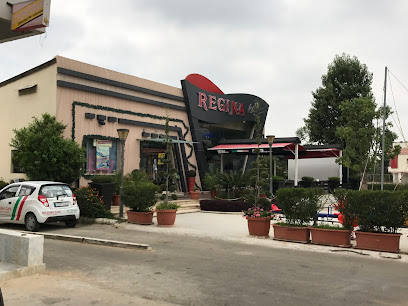
Mashhour Restaurant
Experience authentic Lebanese cuisine at Mashhour Restaurant in Rachaiya - where every dish tells a story.
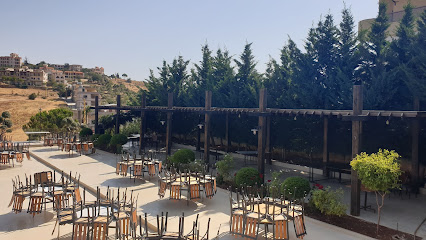
Tasty
Experience authentic Lebanese flavors at Tasty - a top-rated restaurant along Marjaayoun - Bint Jbeil Road.
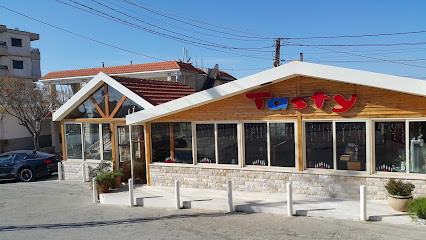
One Way
Experience authentic Lebanese flavors at One Way in Marjaayoun - where every dish tells a story.
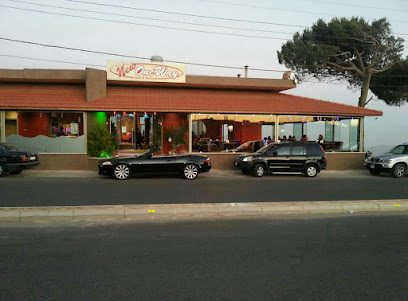
Al Kanz Hotel & Restaurant
Experience the authentic taste of Lebanon at Al Kanz Hotel & Restaurant in Rachaiya, where culinary tradition meets warm hospitality.
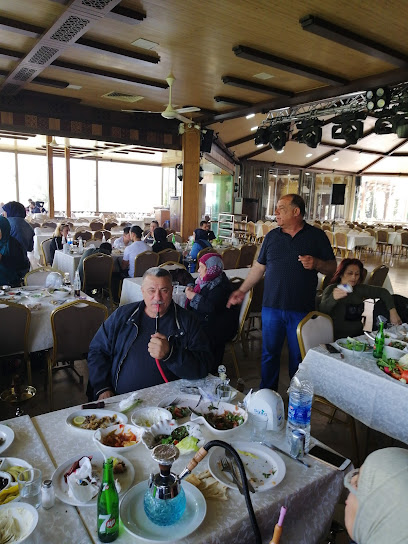
Les Caves Roum
Savor the authentic flavors of Lebanon at Les Caves Roum in Roum - a must-visit destination for food lovers.
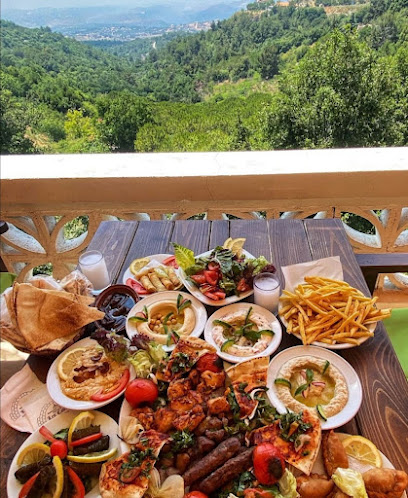
La Roche Caffe & Restaurant
Discover La Roche Caffe & Restaurant in Khiam - where authentic Lebanese flavors meet stunning views in an inviting atmosphere.
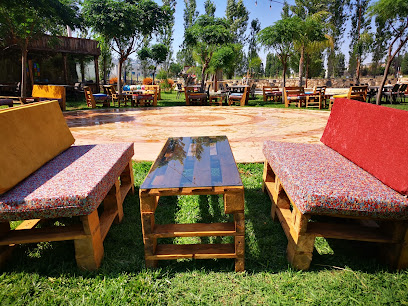
Al Marj - Restaurant
Discover authentic Lebanese flavors at Al Marj Restaurant in Hrajel - where tradition meets taste in every bite.
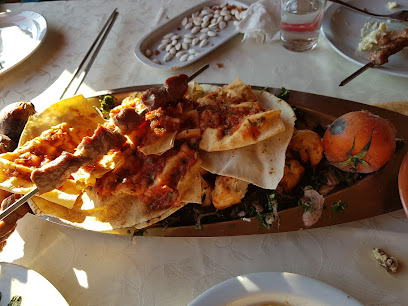
Rached Restaurant
Experience authentic Lebanese cuisine at Rached Restaurant in Marjaayoun, where local flavors meet warm hospitality.
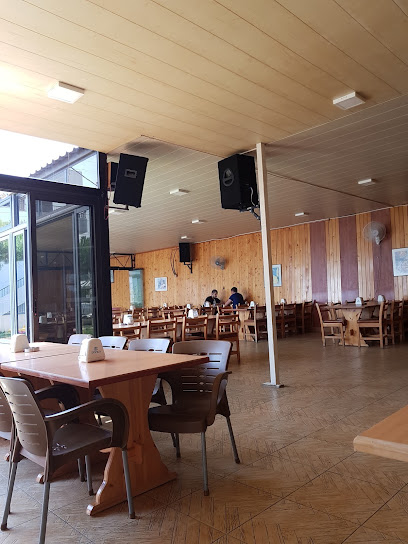
mazaj resto cafe
Discover the essence of Lebanese cuisine at Mazaj Resto Cafe—where every dish tells a story amidst stunning views.
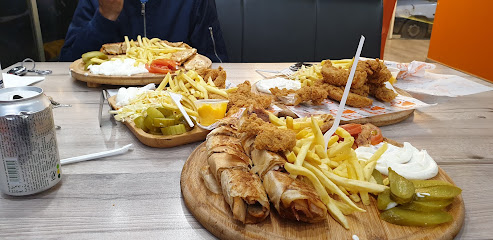
مطعم ابو طارق
Discover the rich flavors of Lebanon at مطعم ابو طارق - where every dish tells a story of tradition.
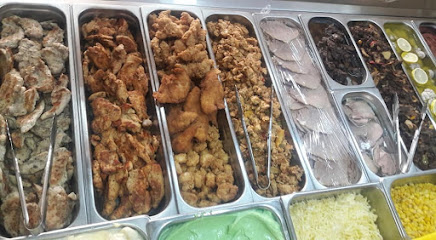
Marj Al Sanaoubar
Discover authentic Lebanese flavors at Marj Al Sanaoubar in Bickfaya - where culinary tradition meets breathtaking scenery.
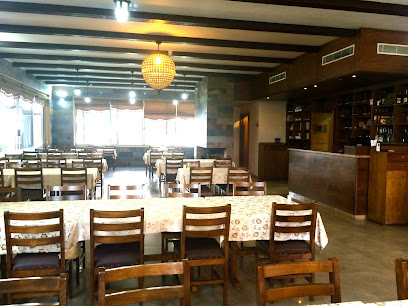
Markets, malls and hidden boutiques
Jdiedet Marjeyoun, Sahaa, old Souq
Discover the vibrant charm of Jdiedet Marjeyoun's old Souq, a marketplace rich in Lebanese culture and local treasures.
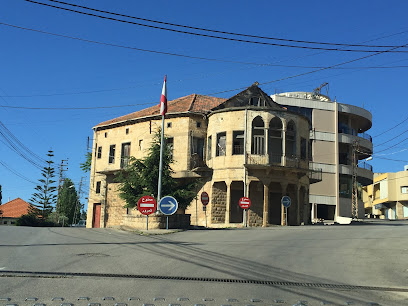
ميني ماركت خليل سويد, dibbine
Explore local flavors and products at ميني ماركت خليل سويد, a charming grocery store in the heart of Dibbine, Lebanon.
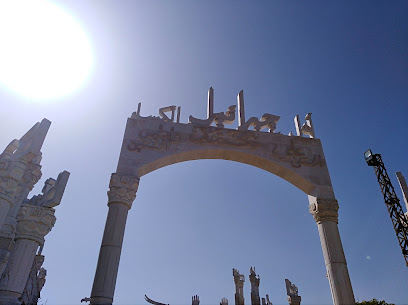
Luanatic
Explore Luanatic in Beirut for unique gifts, fashion accessories, and memorable souvenirs that capture the spirit of Lebanon.
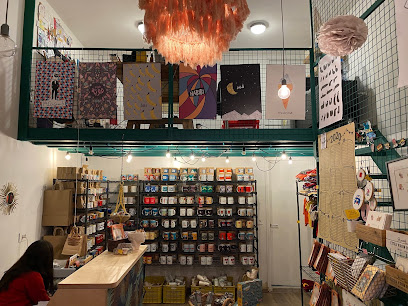
Zayoun supermarket
Explore Zayoun Supermarket in Marjaayoun for an authentic taste of local and international grocery delights.
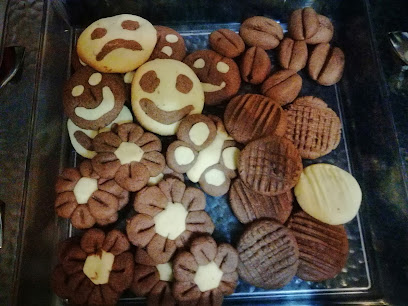
oddfish concept store
Explore Oddfish Concept Store in Beirut for unique gifts, local art, and stylish fashion accessories that embody the creative spirit of Lebanon.
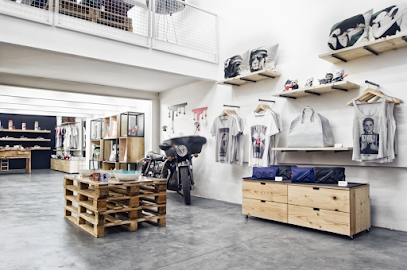
عديسة ، مونة بلدنا
Discover the charm of Aadaysit Marjaayoun, a local store that offers unique handmade crafts and authentic Lebanese hospitality.
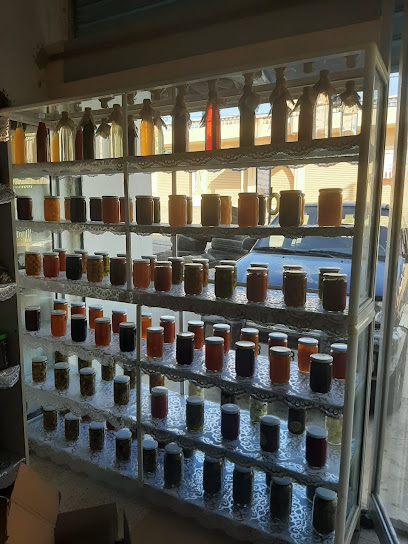
Shadia's Market
Explore Shadia's Market in Marjaayoun for a vibrant selection of fresh produce and authentic Lebanese delicacies, an essential stop for every traveler.
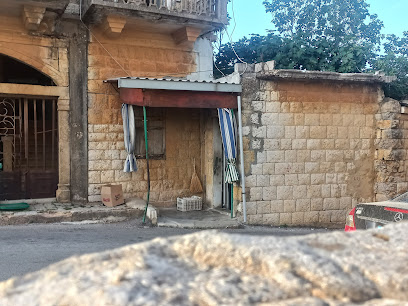
Mahfouz Bro’s & Pinky Winky
Explore a charming gift shop in Marjaayoun, offering unique fashion accessories and toys, perfect for souvenirs and gifts.
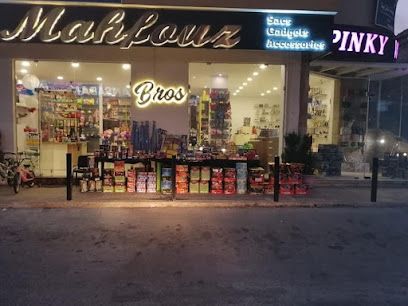
LARA STORE
Experience shopping bliss at Lara Store, where local culture meets international flair in Aadaysit Marjaayoun.
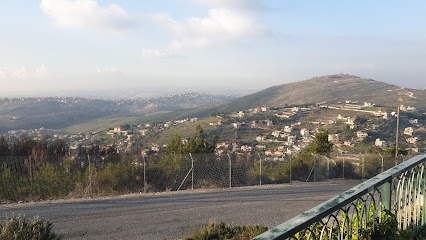
7artou2a giftshop
Explore 7artou2a Giftshop in Marjaayoun for unique souvenirs and local crafts, capturing the essence of Lebanese artistry and culture.

Akiki's Shop
Discover unique souvenirs and local crafts at Akiki's Shop in Zahlé, a must-visit destination for travelers seeking authentic Lebanese treasures.
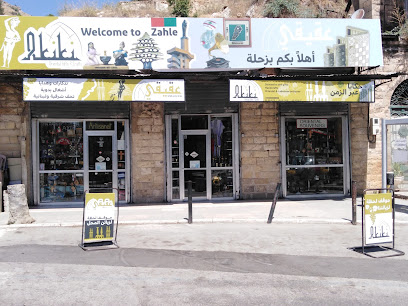
حسين فارس غصن للالمنيوم و الزجاج
Discover the best electronics and gadgets at Hussein Faris Ghassan in Ebel El Saqi, Lebanon's premier tech destination.
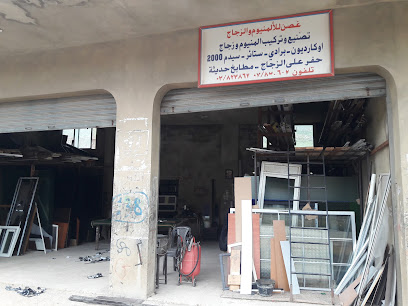
Lavender shop
Discover the calming essence of lavender at Hazerta's charming Lavender Shop, offering exquisite perfumes and wellness products for all.

TRUST PHARMACY
Trust Pharmacy in Rachaiya: Your reliable stop for healthcare essentials and pharmaceuticals while exploring the stunning Marjaayoun region.

.
Explore Babba's unique store, where local crafts and souvenirs await to tell the story of Lebanon's rich culture.
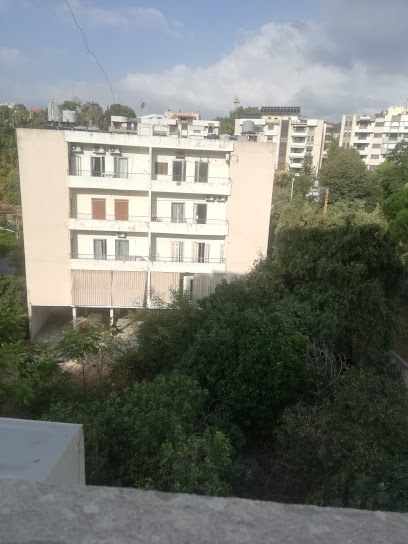
Essential bars & hidden hideouts
The Bohemian Bar
Experience the vibrant nightlife of Beirut at The Bohemian Bar, where exquisite cocktails and a lively atmosphere await.
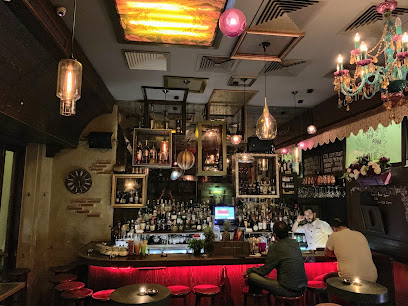
Brut Bar
Discover Zahle's vibrant nightlife at Brut Bar, where exquisite wines and local craft beers meet a lively atmosphere in the heart of Lebanon.
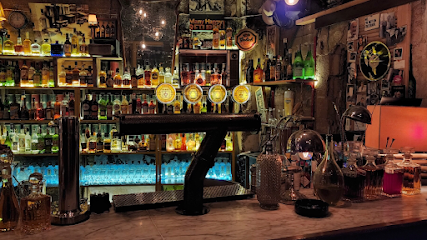
One Way
Experience authentic Lebanese flavors in Marjaayoun at One Way, where culinary excellence meets warm hospitality in a cozy atmosphere.
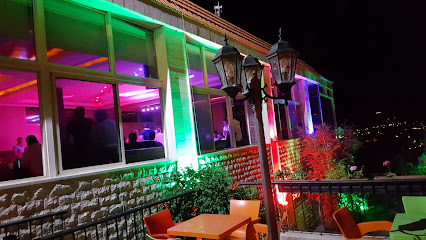
Drink On The Side
Experience the vibrant nightlife at Drink On The Side in Hammana, where great drinks and a lively atmosphere unite for unforgettable evenings.
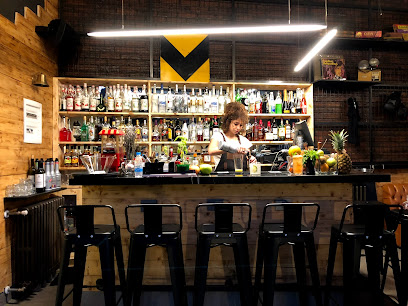
Soul - The Sunset Bar
Discover the beauty of Soul - The Sunset Bar, a unique destination for cocktails and breathtaking sunset views in Aatchane.
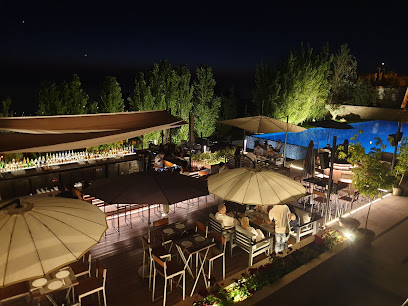
Bar Guitar
Experience vibrant nightlife at Bar Guitar, a lively pub in Zahlé offering great drinks, live music, and a welcoming atmosphere for all.
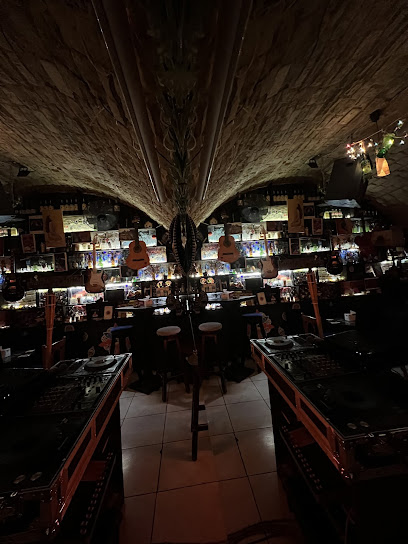
The Godfather's Pub
Experience the lively atmosphere of The Godfather's Pub, where Lebanese hospitality meets an unforgettable nightlife adventure.
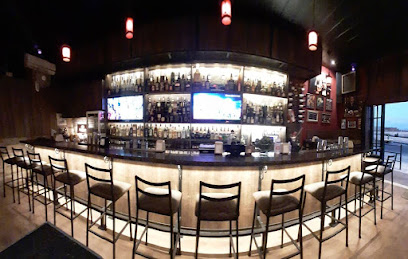
Mirage Restaurant And Pub
Experience the best of Lebanese cuisine at Mirage Restaurant And Pub in Marj3oun, where flavor and hospitality come together in a vibrant setting.

60’s Pub Zahle
Discover the lively 60’s Pub Zahle - a retro bar offering a blend of local culture, great drinks, and unforgettable nightlife in Lebanon.
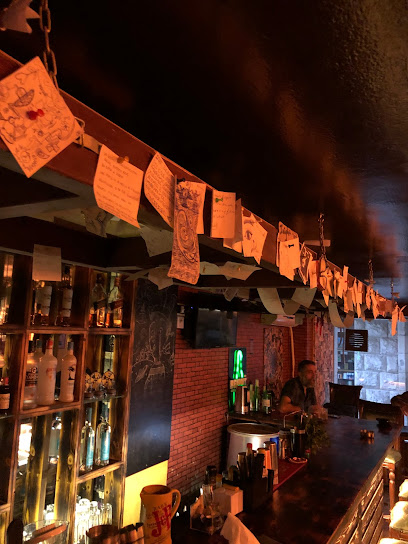
Neybar
Experience the vibrant nightlife and exquisite cuisine at Neybar, the premier seaside lounge destination in the Marina area.
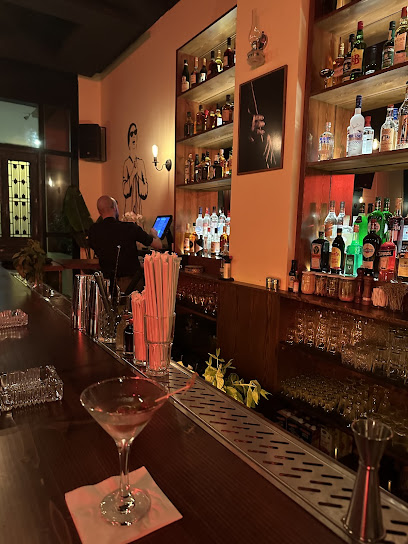
Ghanem's Cottage
Discover the charm of Ghanem's Cottage, a cozy bar in Wadi El Delb, perfect for relaxation and enjoying local beverages amidst beautiful scenery.
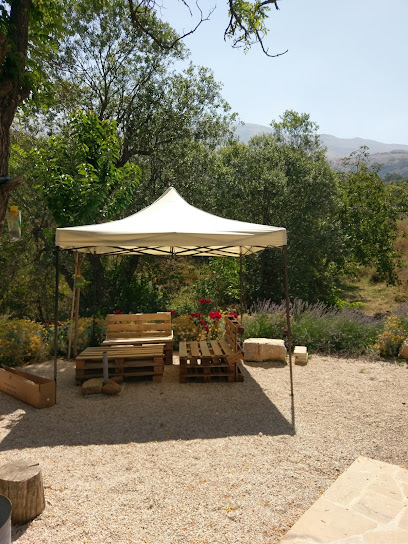
Lost Garden
Experience the lively ambiance and exceptional drinks at Lost Garden, Ebel El Saqi's premier pub for an unforgettable night out.
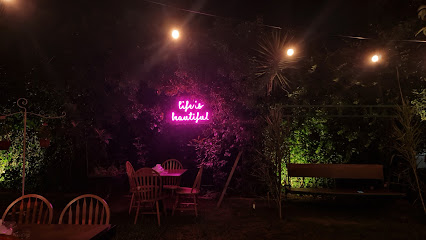
Saleh Drinks 2
Discover the lively atmosphere and extensive drink selection at Saleh Drinks 2, a top pub destination along Jezzine - Nabatiyeh Road.
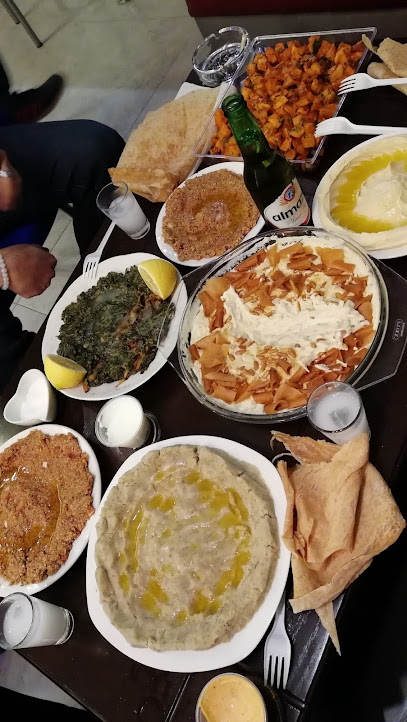
MunchCrème
Discover MunchCrème in Hasbaiyya, where innovative cocktails and a vibrant atmosphere create the perfect night out for tourists and locals alike.

Local Phrases
-
- Helloمرحبا
[marhaba] - Goodbyeوداعا
[wadaan] - Yesنعم
[naam] - Noلا
[laa] - Please/You're welcomeمن فضلك
[min fadlak] - Thank youشكرا
[shukran] - Excuse me/Sorryعذرا
[aathiraa] - How are you?كيف حالك؟
[kayf halak?] - Fine. And you?بخير. وأنت؟
[bikhayr. wa anta?] - Do you speak English?هل تتحدث الإنجليزية؟
[hal tatahadath al'injiliyya?] - I don't understandأنا لا أفهم
[ana la afham]
- Helloمرحبا
-
- I'd like to see the menu, pleaseأود أن أرى القائمة، من فضلك
[awad an ara alqaimah, min fadlak] - I don't eat meatأنا لا آكل اللحوم
[ana la aakul allahum] - Cheers!في صحتك!
[fi sahtak] - I would like to pay, pleaseأود أن أدفع، من فضلك
[awad an adfaa, min fadlak]
- I'd like to see the menu, pleaseأود أن أرى القائمة، من فضلك
-
- Help!النجدة!
[annajdah!] - Go away!انصرف!
[insarf!] - Call the Police!اتصل بالشرطة!
[iitassal bilshurtah!] - Call a doctor!اتصل بطبيب!
[iitassal bitabib!] - I'm lostلقد ضللت
[laqad dalalt] - I'm illأنا مريض
[ana mareed]
- Help!النجدة!
-
- I'd like to buy...أود أن أشتري...
[awad an ashtari...] - I'm just lookingأنا فقط أتطلع
[ana faqat atatallaa] - How much is it?كم ثمنه؟
[kam thamanuh?] - That's too expensiveهذا غالي جدا
[hatha ghali jiddan] - Can you lower the price?هل يمكنك تخفيض السعر؟
[hal yumkinuk takhfeed alsiar?]
- I'd like to buy...أود أن أشتري...
-
- What time is it?كم الساعة؟
[kam alsaaah?] - It's one o'clockالساعة الواحدة
[alsaaah alwaahidah] - Half past (10)النصف بعد (العاشرة)
[alnusf baad (alashirah)] - Morningالصباح
[assabah] - Afternoonالظهر
[adhuhur] - Eveningالمساء
[almasa] - Yesterdayالبارحة
[albarihah] - Todayاليوم
[alyawm] - Tomorrowغدا
[ghadan] - 1واحد
[wahid] - 2اثنان
[ithnaan] - 3ثلاثة
[thalathah] - 4أربعة
[arbahah] - 5خمسة
[khamsah] - 6ستة
[sittah] - 7سبعة
[sabah] - 8ثمانية
[thamaaniyah] - 9تسعة
[tisaah] - 10عشرة
[asharah]
- What time is it?كم الساعة؟
-
- Where's a/the...?أين...؟
[ayn...?] - What's the address?ما هو العنوان؟
[ma huwa al'anaan?] - Can you show me (on the map)?هل يمكنك أن تريني (على الخريطة)؟
[hal yumkinuk an tureeni (ala alkhareetah)?] - When's the next (bus)?متى الحافلة القادمة؟
[mata alhafilah alqadimah?] - A ticket (to ....)تذكرة (إلى...)
[tathkirah (ila...)]
- Where's a/the...?أين...؟
History of Marjayoun
-
Marjayoun, also known as Marj 'Ayoun, has a rich history dating back to ancient times. The name Marjayoun translates to 'meadow of springs,' indicative of its fertile lands and abundant water sources. Archaeological evidence suggests that this area was inhabited since the Bronze Age, serving as a significant settlement throughout various periods, including the Canaanite and Phoenician eras.
-
During the 12th and 13th centuries, Marjayoun became strategically important during the Crusades. The nearby Beaufort Castle, also known as Qala'at al-Shaqif, was a major stronghold for the Crusader forces. Marjayoun's location on the route to Jerusalem made it a critical supply and rest stop for Crusader armies. The influence of the Crusaders is still evident in the architectural remnants found in the region.
-
In the 16th century, Marjayoun came under Ottoman rule, which lasted for several centuries. The town flourished as a local administrative center and market town. The 19th century brought significant changes, including the establishment of missionary schools and churches by European powers. These institutions played a crucial role in the educational and social development of the local population.
-
After World War I and the collapse of the Ottoman Empire, Marjayoun became part of the French Mandate of Lebanon. This period saw the introduction of modern infrastructure, including roads and public buildings. Marjayoun played a role in the struggle for Lebanese independence, which was achieved in 1943. The town's political and social landscape was significantly shaped during this transitional period.
-
Marjayoun witnessed significant turmoil during the Lebanese Civil War (1975-1990). Its proximity to the Israeli border and its strategic location made it a focal point for various military operations. The town saw periods of occupation and conflict, which left a lasting impact on its infrastructure and population. Despite these challenges, Marjayoun has shown resilience and has been in a continuous process of rebuilding and recovery.
-
Marjayoun is known for its rich cultural tapestry, influenced by its diverse religious and ethnic communities. The town is home to several historic churches, mosques, and traditional Lebanese homes, reflecting a blend of architectural styles. Festivals, local crafts, and culinary traditions are integral to Marjayoun's cultural identity. The town's vibrant community life continues to attract visitors who seek to experience its unique heritage.
Marjayoun Essentials
-
Marjayoun is located in the southern part of Lebanon. The nearest major airport is Beirut-Rafic Hariri International Airport, approximately 100 kilometers away. From Beirut, you can take a taxi or a private car to Marjayoun, which typically takes around 2 to 2.5 hours. Public buses and service taxis (shared taxis) also operate between Beirut and Marjayoun, offering a more budget-friendly option.
-
Marjayoun is a small town, and many of its attractions are within walking distance. For longer trips or for exploring the surrounding areas, local taxis are easily available. Renting a car can be a convenient option if you prefer to travel at your own pace. Additionally, service taxis and minibuses are common for traveling to nearby towns and villages.
-
The official currency in Lebanon is the Lebanese Pound (LBP), although US dollars are widely accepted. Credit cards are accepted in most hotels, restaurants, and shops in Marjayoun, but it is advisable to carry cash, especially for smaller establishments and local markets. ATMs are available in the town for cash withdrawals.
-
Marjayoun is generally a safe destination for tourists. However, it is always advisable to take standard precautions such as avoiding walking alone at night in unfamiliar areas and keeping an eye on your belongings in crowded places. There are no specific high-crime areas targeting tourists, but staying vigilant is always a good practice.
-
In case of emergency, dial 112 for immediate assistance. Marjayoun has a local police station and medical facilities available. It is advisable to have travel insurance that covers medical emergencies. For minor health issues, there are pharmacies in the town where you can purchase over-the-counter medications.
-
Fashion: Do dress modestly, especially when visiting religious sites. Avoid wearing revealing clothing. Religion: Do respect local customs and traditions. Always cover your head when entering churches and monasteries. Public Transport: Do be respectful and give up your seat to elderly passengers. Don’t eat or drink on public transport. Greetings: Do greet people with a handshake. A slight bow of the head is also a sign of respect. Eating & Drinking: Do try local delicacies and accept food offerings graciously. Don’t refuse hospitality, as it is considered impolite.
-
To experience Marjayoun like a local, visit the local markets where you can buy fresh produce and traditional Lebanese goods. Engage with locals, as they are often friendly and willing to share stories about the town's history and culture. Don’t miss visiting the ancient Roman temples and the historic Maronite churches. For a unique experience, take a hike in the beautiful surrounding hills, which offer stunning views of the town and the Litani River.
Trending Landmark in Marjayoun
Nearby Cities to Marjayoun
-
Things To Do in Rashaya
-
Things To Do in Sidon
-
Things To Do in Tyre
-
Things To Do in Deir el Qamar
-
Things To Do in Safed
-
Things To Do in Aley
-
Things To Do in Anjar
-
Things To Do in Rosh HaNikra
-
Things To Do in Broummana
-
Things To Do in Beirut
-
Things To Do in Nahariya
-
Things To Do in Zahle
-
Things To Do in Tiberias
-
Things To Do in Akko
-
Things To Do in Acre





